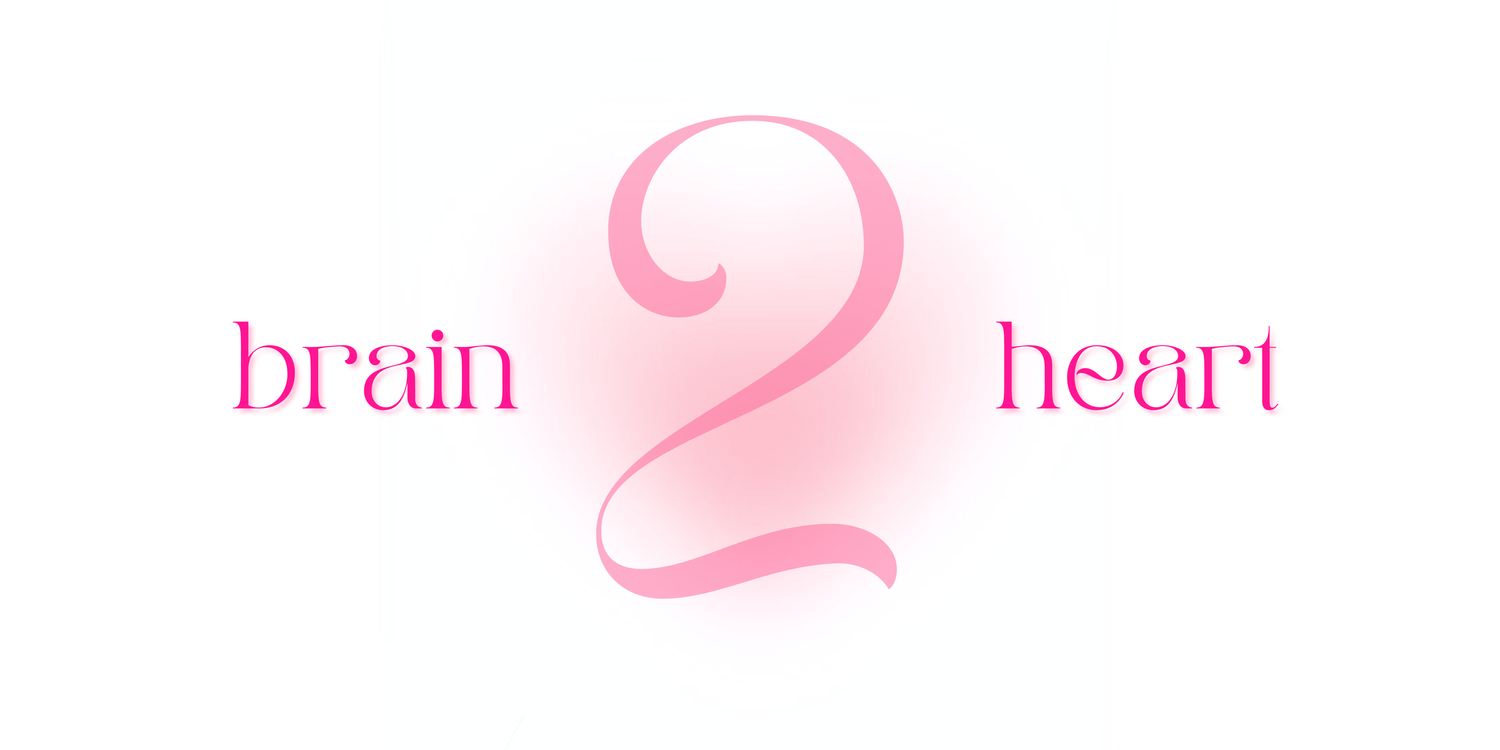Symptoms, Searches, and Self-Diagnosis: A Modern Medical Dilemma
In an era where information is instantly accessible, the boundary between medical guidance and personal inquiry has become increasingly blurred. Self-diagnosis - the act of identifying one’s own medical or psychological condition without professional evaluation has surged with the rise of digital resources. For many, a simple search can seem like the first step toward understanding strange symptoms or persistent emotional distress. But this growing trend presents both new possibilities and serious risks.
Self-diagnosis refers to individuals analyzing their symptoms and determining what condition they believe they have, usually without the direct involvement of a medical professional. While self-awareness and personal health education are commendable, the practice of self-diagnosis often lacks the nuance, training, and clinical experience necessary for accuracy. What seems like a responsible first step can easily become a slippery slope when complex symptoms are interpreted through the lens of internet checklists or anecdotal experiences shared online.
The process of self-diagnosis typically begins when someone experiences unexplained or concerning symptoms, whether physical or psychological, and turns to search engines, symptom checkers, disorder/illness quizzes or social media for clarity. With countless health websites, forums, videos, and digital tools at one’s fingertips, users can quickly assemble a narrative that connects their experiences to a possible condition. Particularly on platforms like TikTok, YouTube, and Reddit unofficial hubs have been created where people share stories of living with disorders such as ADHD, depression, or borderline personality disorder. As noted by Johns Hopkins Medicine, this content often encourages viewers to draw parallels between their feelings and those of the content creators, sometimes mistaking normal human struggles for diagnosable illnesses.
The causes behind the rise in self-diagnosis are both social and systemic. One of the primary drivers is the increasing availability of online health content. Individuals today are overwhelmed with medical information, some accurate, much of it generalized or oversimplified. Another major contributor is the lack of accessible healthcare, especially in regions where mental health services are scarce, expensive, or stigmatized. Faced with long wait times or high costs, many people turn to the internet for guidance. There is also a psychological element: naming a struggle can bring relief. As the University of Colorado Denver outlines, receiving a label, even self-imposed, can validate confusing or painful experiences, offering a sense of control.
However, the practice is far from harmless. On the positive side, self-diagnosis can foster self-awareness and may prompt individuals to seek help they would have otherwise avoided. It can initiate important conversations with professionals, giving patients a vocabulary for their symptoms. For those without immediate access to care, it may also serve as a temporary bridge - offering emotional comfort or motivation to eventually pursue formal diagnosis.
Still, the dangers of self-diagnosing are significant. Misinterpreting symptoms can lead individuals down the wrong path, potentially masking serious illnesses or treating conditions they do not have. For instance, headaches, fatigue, and concentration issues may suggest depression - or they could indicate sleep disorders, thyroid dysfunction, or other medical issues. Moreover, consuming too much unfiltered health content can fuel anxiety, a phenomenon often referred to as “cyberchondria.” The constant stream of information and worst-case scenarios can cause undue stress, leading individuals to believe they are sicker than they truly are. Perhaps most critically, reliance on self-diagnosis can delay or even prevent people from seeking professional care altogether, particularly if they become convinced they have a chronic or untreatable condition based on incomplete information.
According to a study published in the National Library of Medicine, while digital tools can assist in health education, they are no substitute for trained assessment. The risk of overgeneralizing symptoms or self-treating inappropriately can compromise both mental and physical health. Meanwhile, as explored by Charlie Health, the prevalence of self-diagnosis among young people also raises developmental concerns, especially when identity becomes intertwined with perceived illness without sufficient context or support.
In the end, self-diagnosis reflects a shift toward autonomy and self-advocacy in healthcare, but it must be approached with caution. The internet can be an incredible resource, yet it is not a diagnostic authority. Accurate diagnoses require context, testing, and clinical reasoning that go beyond what even the most informed individual can provide alone. As people continue to seek answers online, it is important that they also seek partnership with healthcare professionals who can help translate uncertainty into genuine understanding and care.
Written By: Zlata Lukovych
Sources:
Bsn, E. C., RN. (2023, October 31). The Dangers of Self-Diagnosing. Charlie Health. https://www.charliehealth.com/post/the-dangers-of-self-diagnosing
Lynx Life Library. (n.d.). https://www.ucdenver.edu/student/stories/library/healthy-happy-life/down-the-rabbit-hole-of-self-diagnosis-in-mental-health
Rutter, L. A., Howard, J., Lakhan, P., Valdez, D., Bollen, J., & Lorenzo-Luaces, L. (2022). “I haven’t been diagnosed, but I should Be”—Insight into Self-diagnoses of common Mental Health Disorders: Cross-sectional study. JMIR Formative Research, 7, e39206. https://doi.org/10.2196/39206
The Pros and Cons of Self-Diagnosing Online | HealthFocus SA | University Health. (n.d.). University Health. https://www.universityhealth.com/blog/the-pros-and-cons-of-self-diagnosing-online
News-Medical. (2024, October 18).Study explores why teens self-diagnose mental health conditions through TikTok content. https://www.news-medical.net/news/20241018/Study-explores-why-teens-self-diagnose-mental-health-conditions-through-TikTok-content.aspx#:~:text=Self%2Ddiagnosis%20may%20arise%20from,%2C%20parents%2C%20and%20school%20staff.

